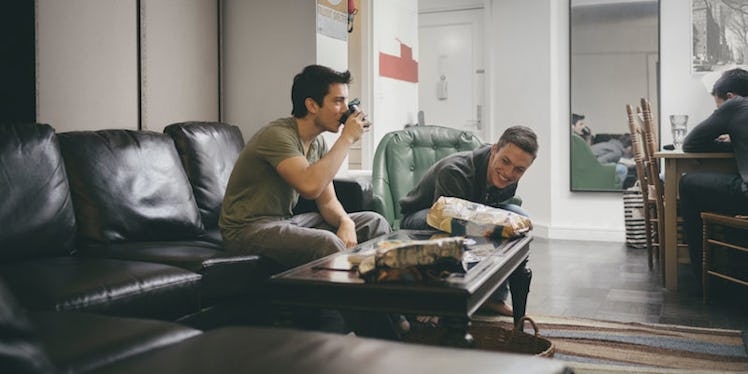
Why The Only Person You Should Consult Is Yourself When Making Decisions
There are two types of decisions: the ones you make on your own and the ones others make for you.
People crave control, so most prefer to make their own life choices. However, more often than not, we do not make the decisions independently. We consult our friends and relatives and choose what fits us most, from where to eat to what to read or whom to date.
Advice from others can be a useful way to narrow down possible choices or to at least help us to see what we cannot by ourselves. However, sometimes, we get more from friends than we bargained for. Instead of making our own decisions, we mirror their behaviors.
Mirroring starts early. We start with our parents and peers and carefully observe them. Later, we draw conclusions that we should behave in either a similar or different manner.
This is considered to be a part of learning. Nevertheless, mirroring does not end the moment we move out of our parents' place or finish high school. We mirror throughout our lives, and often, this leads us to not think on our own.
Asking for advice from friends or relatives is more than simply asking for an opinion. It often resembles asking for permission. We surround ourselves with people whom we think like, which is why we value their opinions.
Consequently, we reason that if our friends will consider our choices, they must actually be wise. And, while this is a way to obtain useful feedback, it can also cloud our own opinions.
Furthermore, we do not always ask for such permission explicitly. We obtain it subconsciously.
If you have ever paid attention to jaywalking, you will notice this pattern. One person will cross the street at a red light and others will follow; people give each other permission to cross the street at a red light.
And, while one person might believe this to be dangerous, the fact that others mirror the behaviors will only justify the mistakes.
The notion is that the more people who do it, the less dangerous it might be. But, this assumption is wrong. Each person will consider the fact that someone else has already thought this through.
Jaywalking is one example of how watching strangers' behavior can change our own. It can translate into many other choices we make daily. And, while some may be positive, others may be negative or even detrimental.
History has shown us that when we follow the crowd and stop making conscious decisions, we tend to make the biggest mistakes. Even though making mistakes is a part of learning, it is more difficult to learn from faults we do not consider our own.
Following the ideas of others removes responsibility and accountability from making choices. Therefore, a person will feel less involved and less guilty if the outcome is negative. This is because the choice was not a personal one.
Our generation lives for today, and we want to believe that since you only live once, you should make every day count. However, this often involves making impulsive decisions rather than thoughtful ones.
Haste makes waste and the importance of deliberation is for more than simply peace of mind. It allows us to weigh in the pros and cons without conforming to others' opinions.
Although friends and family can contribute to our decision-making, the final say should always be ours. We are the ones who experience the situations, after all.
Next time a complicated situation arises, ask yourself what the right solution would be, before consulting others. And, because you always have your best interest in mind, your idea might just be the right one.
Photo Courtesy: We Heart It